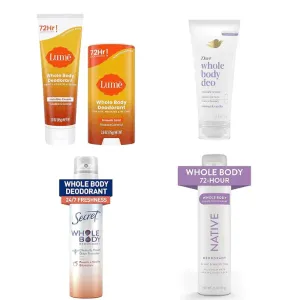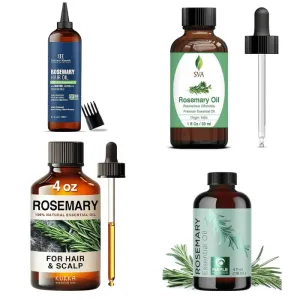Table of Contents
Meeting your daily protein needs is essential for good health. Protein plays a key role in weight loss, muscle building, and cell repair. Although you can get protein from a variety of sources, some protein sources are better than others. In this article, we'll take a look at some of the best ways to get protein.
What is Protein?
Protein is an essential macronutrient, made up of amino acids, that plays a variety of roles in the human body. It helps to build and repair tissues, produce hormones and enzymes, and boost immunity.
In addition, protein is a key component of hair, skin, and nails. Not only that, but protein is also necessary for proper growth and development.
Given all of these vital functions, it's no wonder that protein is often referred to as the "building block of life." Although we typically think of meat when we think of protein, it's important to note that there are many plant-based sources of protein as well.
For example, beans, lentils, quinoa, nuts, and seeds are all excellent sources of this nutrient. So whether you're a vegan or a carnivore, make sure to include protein in your diet!
How Much Protein Do You Need?
The amount of protein you need depends on your age, sex, and level of activity. The recommended dietary allowance of protein is 0.8 grams per kilogram of body weight. That's equivalent to 0.36 grams per pound.
The Health Benefits of Protein
- Protein helps the body build muscle.
- Protein helps the body maintain muscle.
- Protein helps the body lose weight or maintain a healthy weight.
- Protein reduces cravings for unhealthy foods.
- Protein keeps you feeling fuller longer.
- Protein supports a healthy immune system.
- Protein helps maintain a healthy immune system
- Protein helps the body recover after exercise.
High Protein Foods
Here are some of the highest protein content foods you can add in your diet.
Greek Yogurt
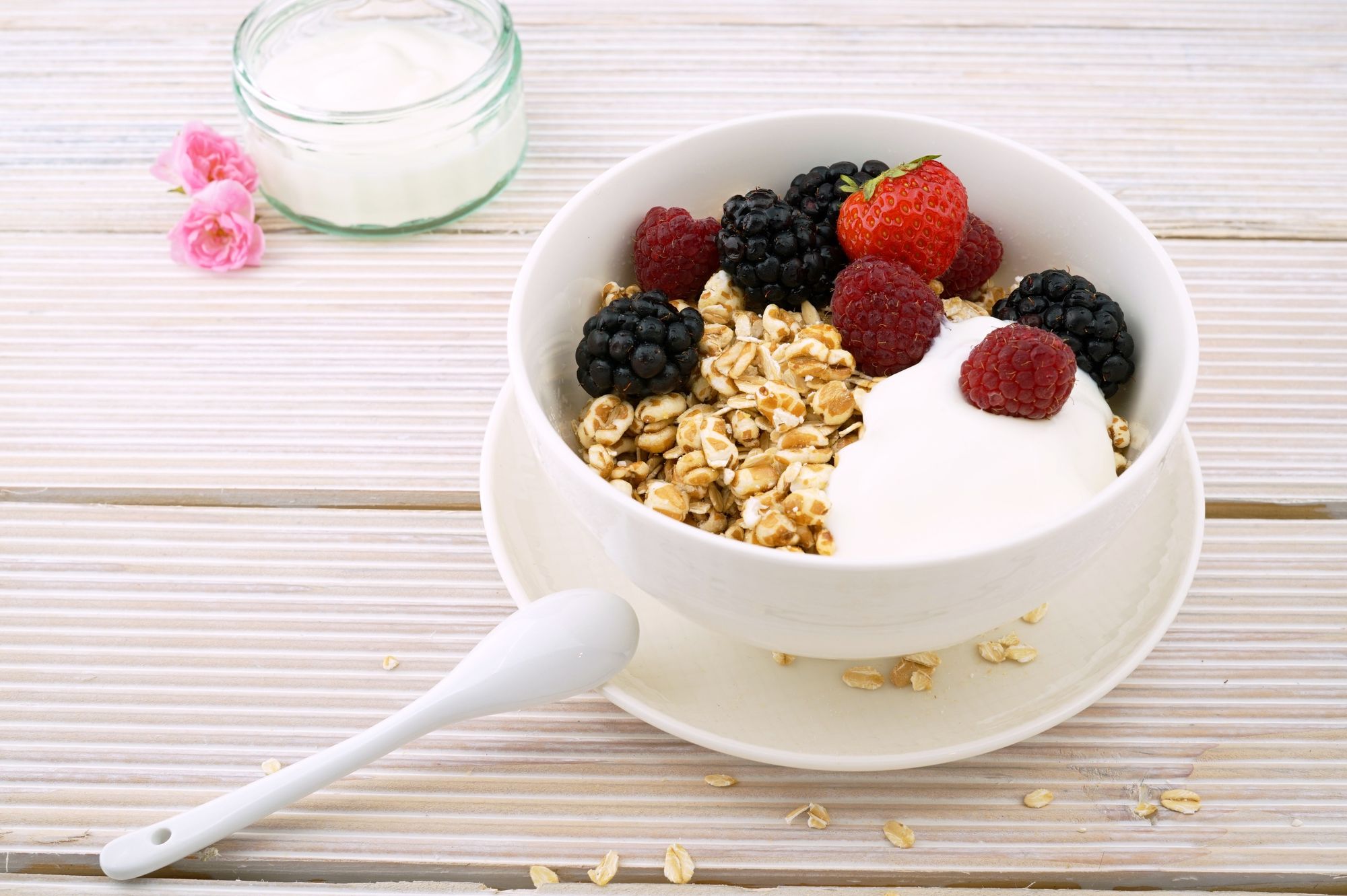
Greek yogurt is an excellent source of protein. A single serving of Greek yogurt provides 20 grams of protein. It is also a good source of calcium and vitamin D. Choose plain Greek yogurt to avoid added sugar.
Eggs
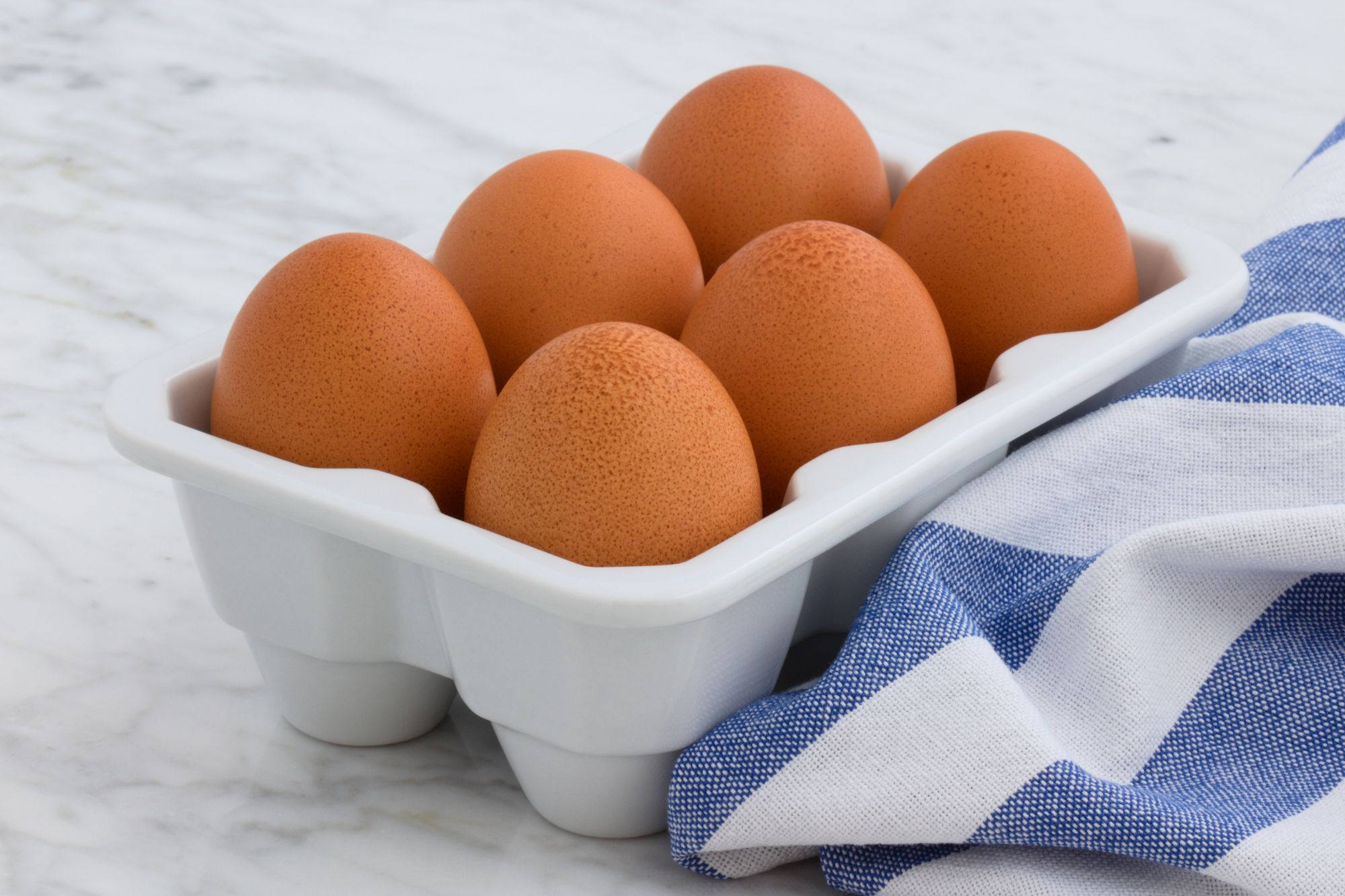
Eggs are one of the most complete sources of protein. A single egg contains 6 grams of protein and all the amino acids your body needs. Eggs are also rich in vitamins A, B12, and choline. Choose eggs that are free-range or cage-free to avoid saturated fat and cholesterol.
Beans and Lentils
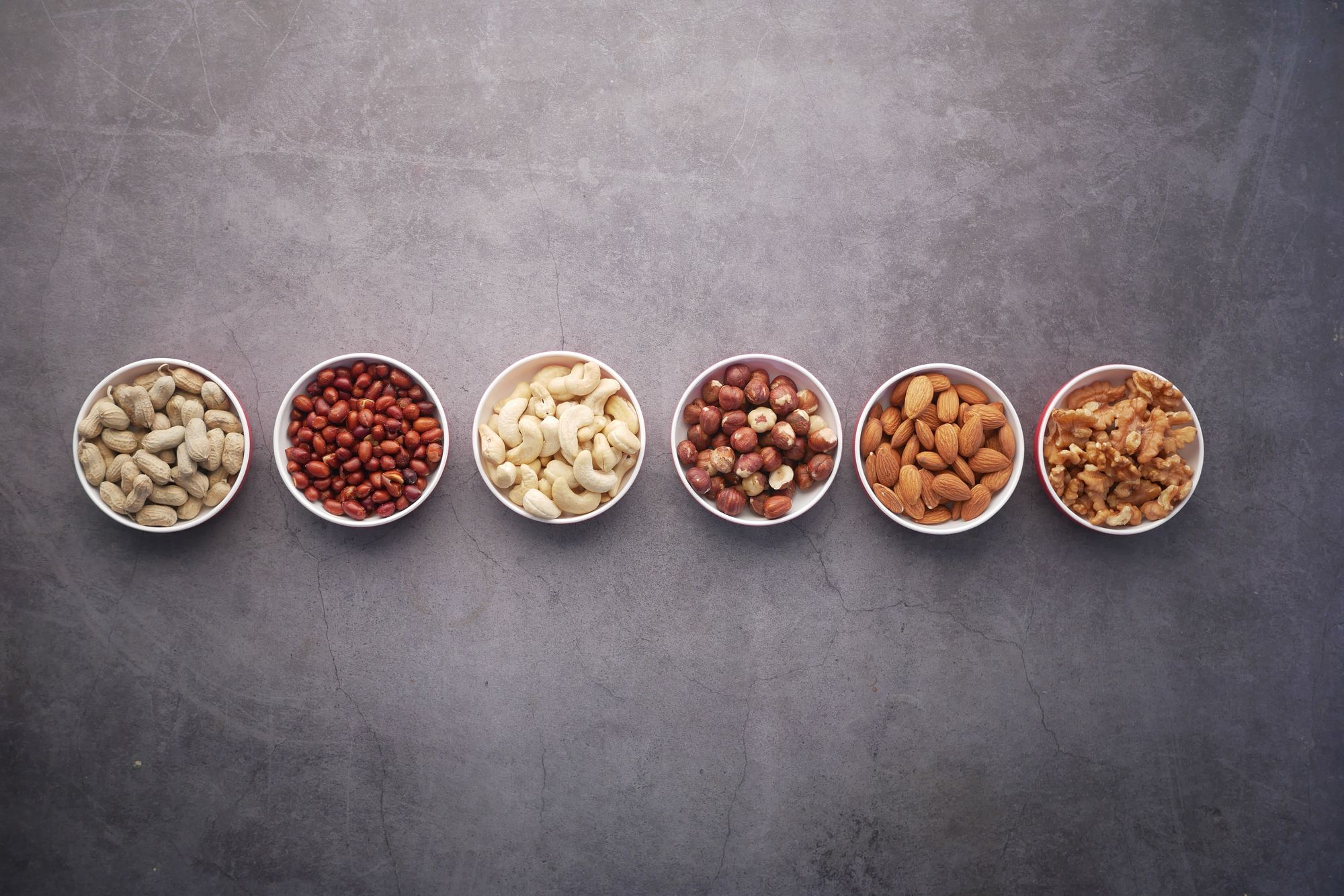
Beans and lentils are excellent plant-based sources of protein. A cup of cooked beans or lentils contains around 18 grams of protein. Beans and lentils are also rich in fiber, vitamins, and minerals. look for varieties that are low in saturated fat and sodium.
Chicken Breast
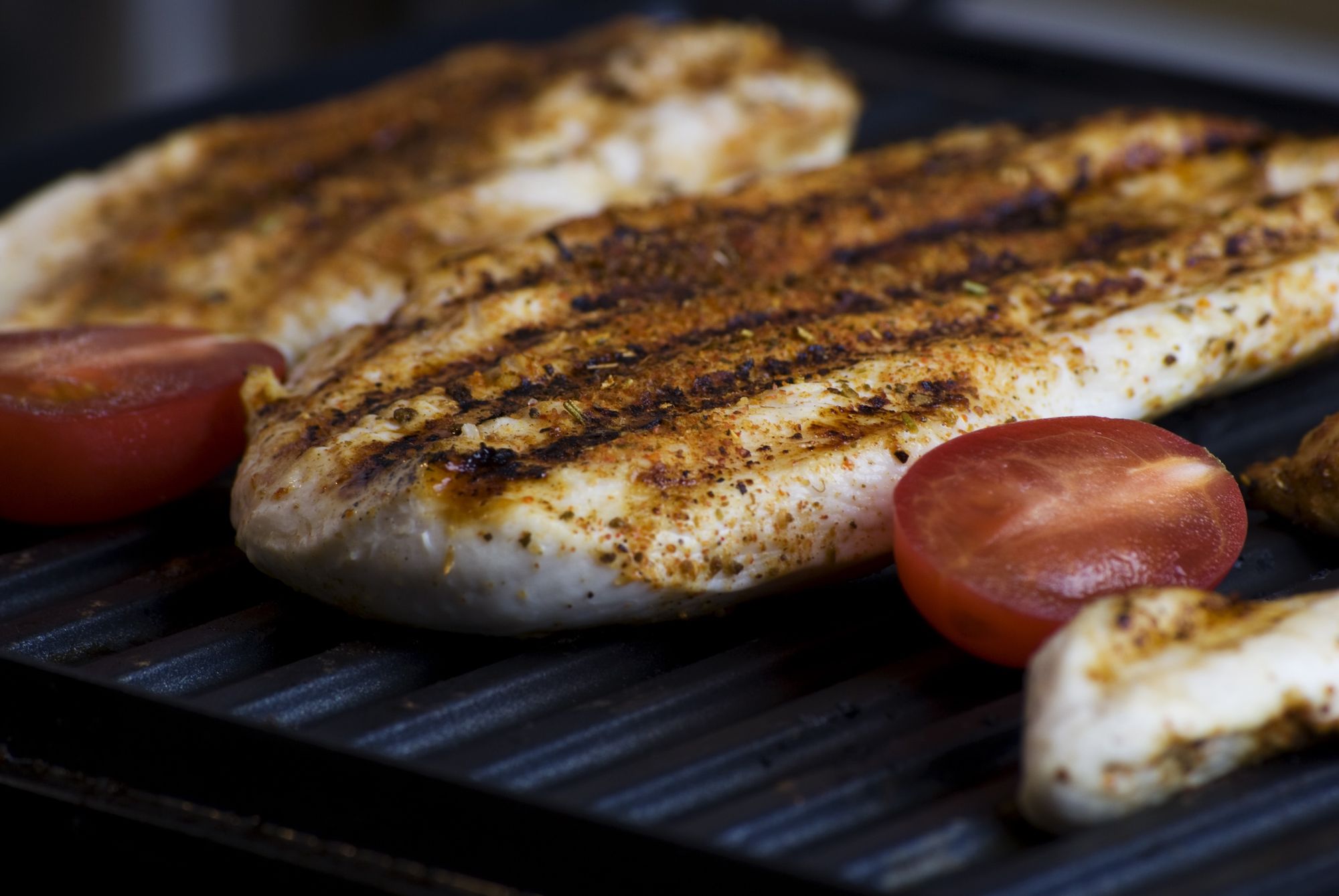
Chicken breast is a lean source of animal protein. A 4-ounce serving of chicken breast provides 36 grams of protein with less than 3 grams of fat. Chicken breast is also an excellent source of niacin, selenium, and vitamin B6. Choose chicken that is free-range or organic to avoid hormones and antibiotics.
Salmon
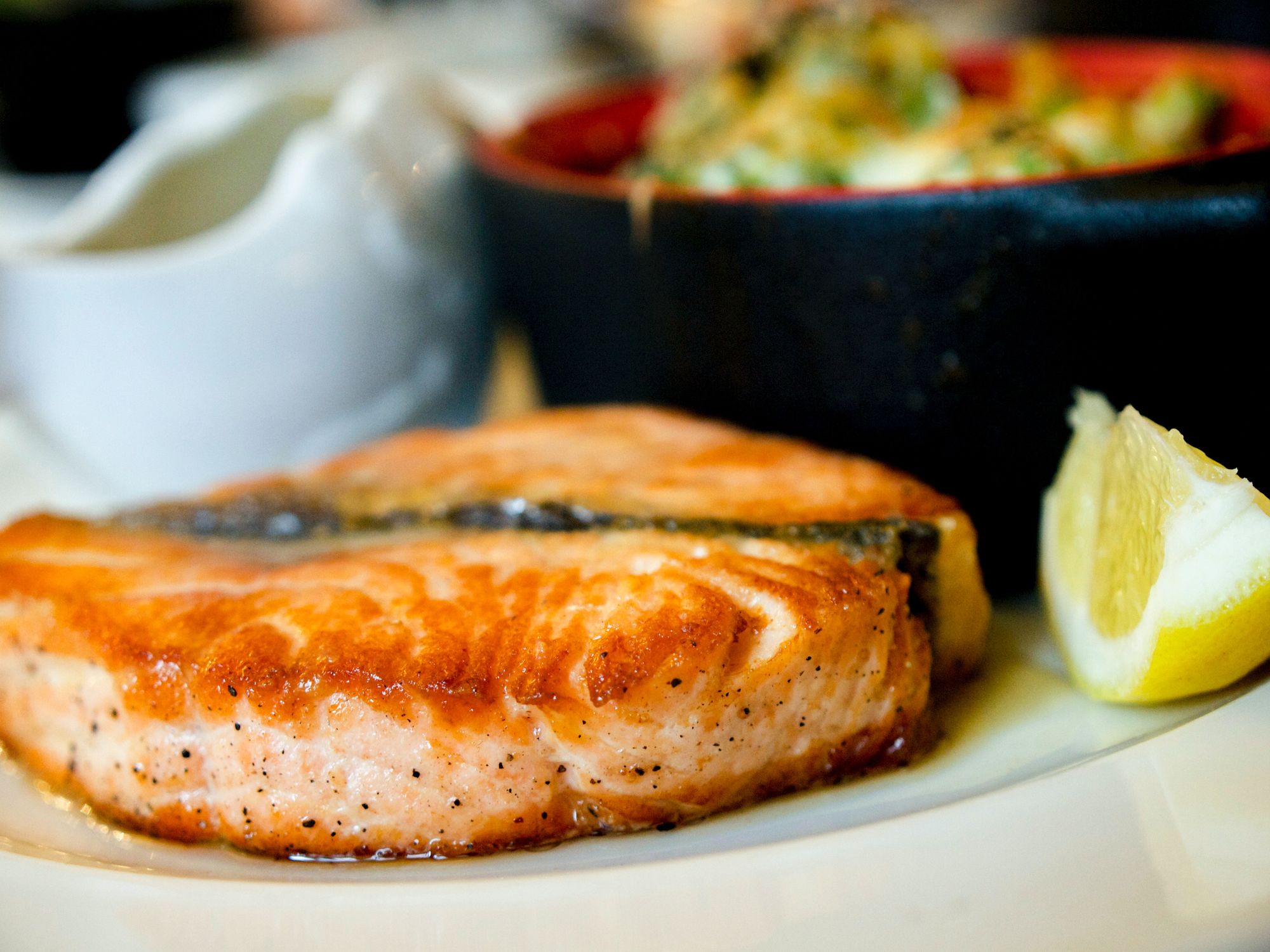
A 3-ounce serving of salmon provides 24 grams of protein and plenty of omega-3 fatty acids, which are beneficial for heart health. Salmon is also a good source of vitamin D and selenium.
Beef
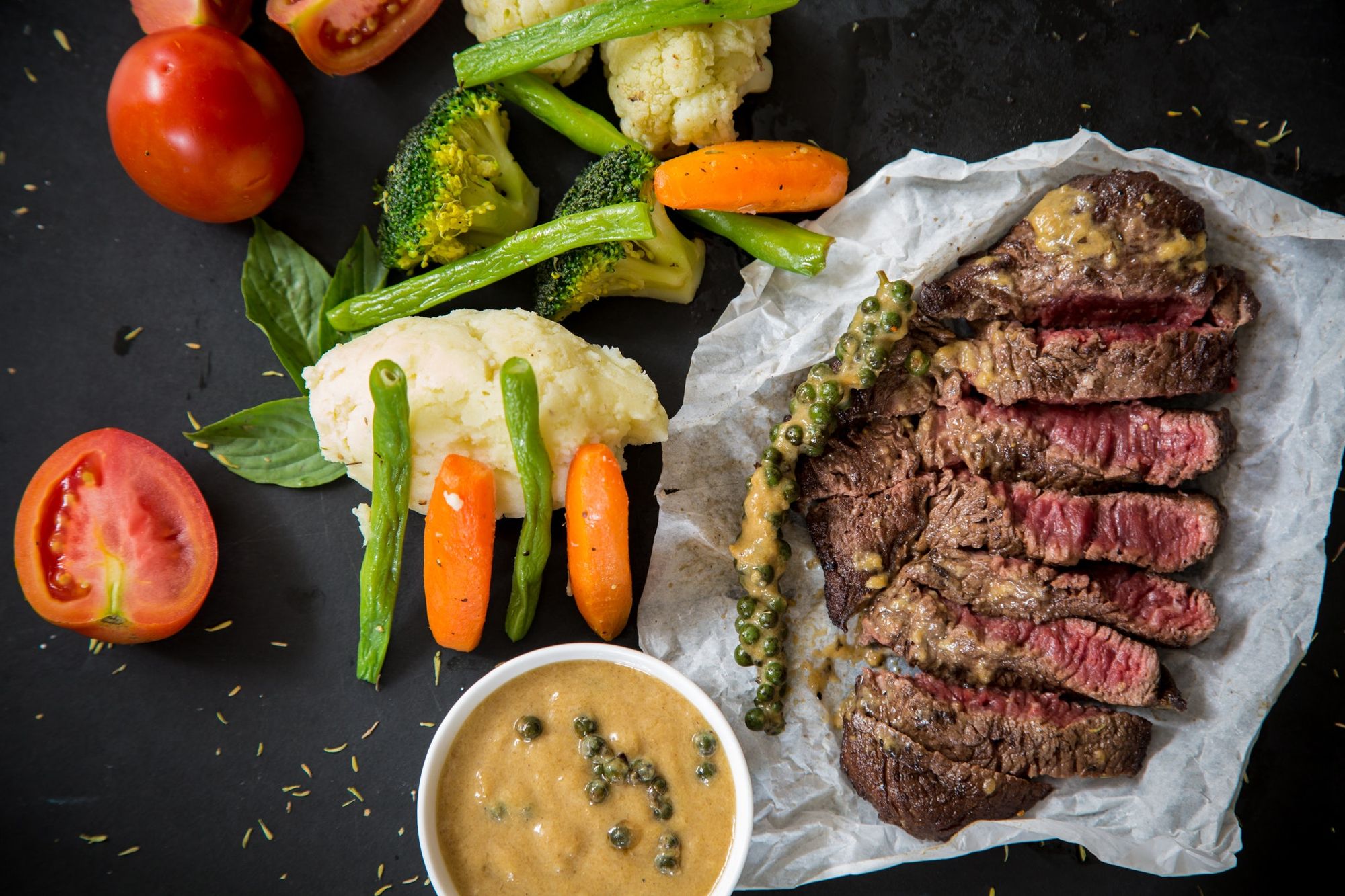
When it comes to protein, beef is an excellent source. A 3-ounce serving of beef provides 24 grams of protein and plenty of nutrients, including zinc, selenium, and B vitamins. Beef is also a good source of omega-3 fatty acids, which are beneficial for heart health. In addition, beef is a rich source of iron. This nutrient is essential for red blood cell production and can help prevent anemia.
Animal Proteins vs Non-Animal Proteins
When it comes to protein, there are two main sources: animal protein and non-animal protein. Each has its own set of pros and cons. Animal protein is a good source of vitamins and minerals, as well as all the amino acids needed by the body.
However, it can also be high in saturated fat and cholesterol, which some may be concerned about their health issues in relation to this..
Non-animal protein sources include legumes, grains, nuts, and seeds. They are generally lower in calories and fat than animal protein, and they contain no cholesterol.
However, they may not provide all the amino acids needed by the body. As a result, many people who follow a vegetarian/vegan diet or just prefer plant based protein, supplement their diets with protein powders or other products that provide these missing nutrients.
Ultimately, the decision of whether to consume animal protein or non-animal protein is a personal one. There are benefits and drawbacks to both options, and each person will have to decide what works best for their own health and lifestyle.
Protein Supplementation
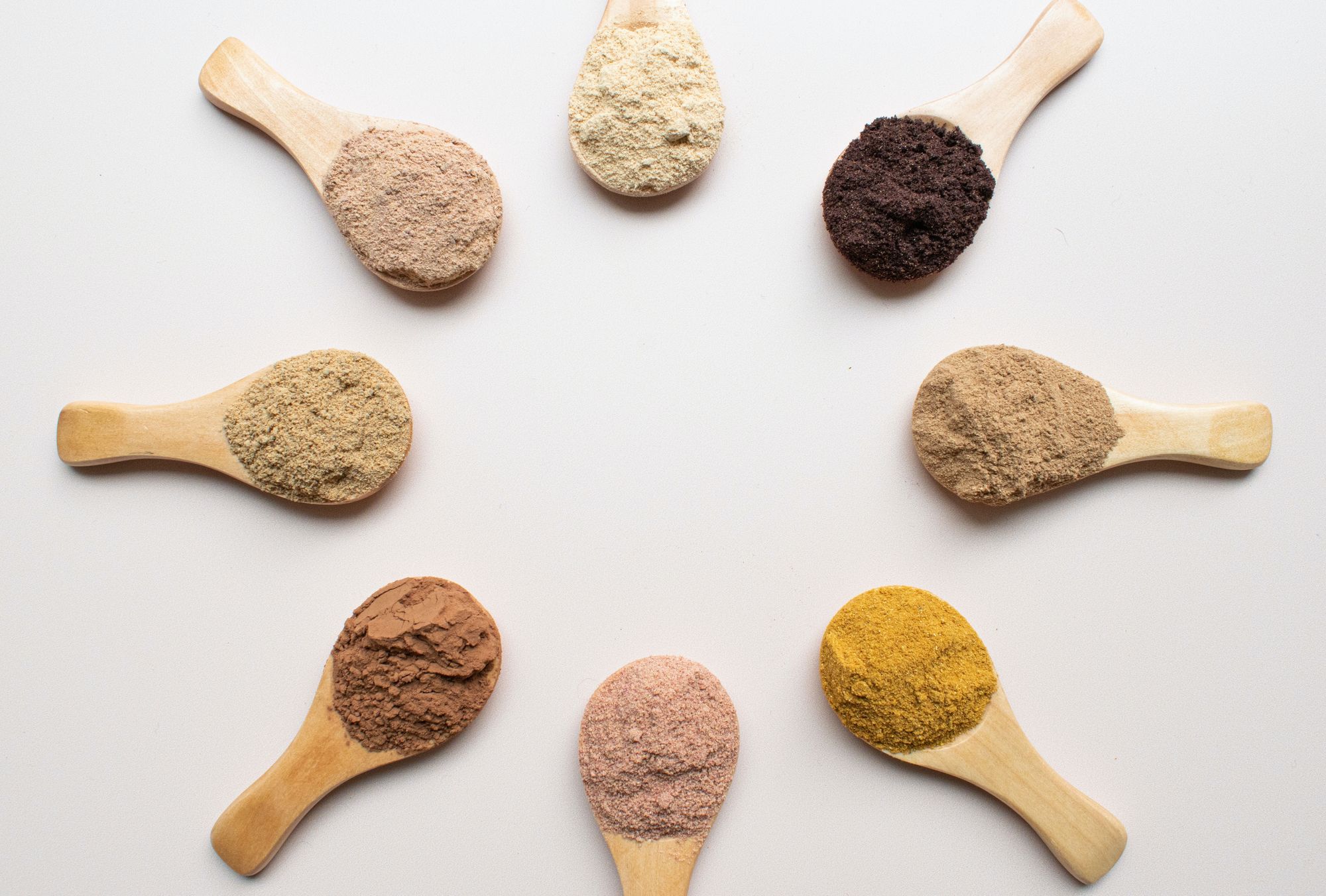
Protein powder is a concentrated source of protein that helps you meet your daily requirements. You can add it to smoothies, shakes, and baked goods. Look for one that contains all the essential amino acids.
Protein supplementation is a key part of any fitness routine. While you can get protein from food, adding protein powder to your diet can help you reach your goals faster. There are many different types available, but whey protein powder is one of the most popular. Whey protein is a high-quality protein that is easy to digest for most and helps build muscle.
Some other common types of protein supplements or powders are:
- Soy protein: Soy is a complete protein, meaning it contains all the essential amino acids your body needs. It's also a good source of fiber, magnesium, and potassium.
- Pea protein: Pea protein is high in protein and fiber, and it's also low in carbs and fat. It's a good option for people who are following a vegan or vegetarian diet.
- Hemp protein: Hemp protein is a complete protein that is high in fiber and omega-3 fatty acids. It's also low in carbs and gluten-free.
- Brown rice protein: Brown rice protein is a plant-based, gluten-free protein that is high in antioxidants and B vitamins. It may help improve heart health and lower blood sugar levels.
Protein shakes are a great way to add extra protein to your diet, and they are easy to make with just a few ingredients. Protein powder can also be used in baking recipes to create healthy snacks and desserts. If you are looking to boost your protein intake, consider adding a protein supplement to your diet.
As you can see, there are many great ways to get enough protein each day. You can choose "your" best way to get protein from animal-based or plant-based proteins to reach your daily goals.
If you are interested you can find our list of the best lactose free protein powders as well as gluten free protein powders for those with these specific requirements.
Frequently Asked Questions About Protein
As you now know, protein is a key nutrient that the body needs to function properly. It is essential for building muscle, repairing tissue, and maintaining a healthy immune system. Protein can be found in both animal and plant-based foods, making it easy for everyone to meet their daily requirements.
There are many questions people have about protein, such as how much they need each day and where to find high-quality sources. In this article, we have provided some of the best ways to add protein to your diet as well as some general information about protein. Below we have also provided answers to some frequently asked questions.
What Foods is Highest in Protein?
Here is a list of the foods known to be the highest in protein content, both animal and plant based proteins.
- Meat: beef, pork, lamb, chicken, turkey
- Fish: salmon, tuna, cod
- Dairy: milk, yogurt, cheese
- Eggs
- Legumes: black beans, lentils, kidney beans
- Nuts and seeds: almonds, peanuts, chia seeds
- Protein powder
How Can I Get 100 Grams of Protein a Day?
There are many different ways to get 100 grams of protein a day. You can choose from animal-based or plant-based proteins, or you can supplement your diet with protein supplements to get more protein.
Here are some tips for getting enough protein:
- Eat a variety of protein-rich foods each day.
- Include both animal and plant-based proteins in your diet.
- Supplement your diet with protein powder if needed.
- Remember to drink plenty of water to stay hydrated.
What Happens if You Don't Eat Enough Protein?
If you don't eat enough protein, you may experience fatigue, muscle weakness, and other health problems. Protein is essential for the body, and it plays a key role in metabolism, growth, and repair. Without sufficient protein, the body cannot function properly.
Is Water or Milk Better For Protein Shakes?
There is no one-size-fits-all answer to this question, as the best type of liquid to use in a protein shake will vary depending on the individual's preferences and dietary needs. However, both milk and water are good options.
Milk is a high-quality source of protein that contains all the essential amino acids. It is also rich in calcium and other vitamins and minerals. The right water is calorie-free and nutrient-rich choice which is perfect for people who are trying to lose weight or watch their calorie intake.
Ultimately, the best type of liquid to use in a protein shake depends on the individual's needs and preferences. Both milk and water are healthy choices that provide important nutrients for the body.
Is it OK to Drink Protein Shake Everyday?
While there is no one-size-fits-all answer to this question, drinking a protein shake everyday is generally safe and healthy. It can help you meet your daily protein requirements and can be a convenient way to get all the nutrients your body needs.
If you are looking for an easy way to increase your protein intake, drinking a protein shake everyday may be the right choice for you. Be sure to choose a high-quality protein powder and include a variety of protein-rich foods in your diet to ensure you are getting all the nutrients your body needs along with as much protein that you need.
Is Protein Better Before or After Workout?
Protein is beneficial in both instances. It all depends on your specific objectives at that particular point in time.
Before a workout, protein can help provide energy and strength for your muscles. Protein is also essential for repairing and rebuilding muscle tissue after a workout. You can drink a protein shake before your workout to help energize your body and improve your performance.
After a workout, protein is important for helping your body recover and rebuild muscle. Drink a protein shake or eat a high-protein snack after your workout to help refuel your body and support muscle growth.
Can You Explain What Muscle Protein Synthesis Is?
Protein is essential for the growth and repair of muscle tissue. Without protein, muscles will not grow and will not be able to repair themselves after a workout. The process of creating new muscle protein is called protein synthesis.
Protein synthesis occurs when the body's cells break down dietary protein into individual amino acids and then rebuild those amino acids into new muscle protein.
Several factors are necessary for optimal protein synthesis to occur. First, the body must have an adequate supply of amino acids. Second, the cells must be able to use those amino acids to create new protein. And third, the body must have an adequate supply of energy to drive the process of protein synthesis.
There are several ways to increase protein synthesis and promote muscle growth. One way is to eat a diet that is high in quality protein sources. You may even add a protein powder or protein bars.
Another way is to engage in regular strength training exercises, which helps to activate the cells that create new muscle protein. And finally, it is important to get enough rest and sleep, as this allows the body to rebuild muscle tissue that was damaged during a workout.
Conclusion
There are many great ways to get protein in your diet, and it is important to include protein in your daily meals to maintain a healthy body. As we have mentioned, some of the best ways to get protein include eating meat, poultry, fish, eggs, dairy products, legumes, nuts, and seeds.
All of these foods are packed with protein and provide a wealth of health benefits. As a perhaps more convenient option, you may want to include some form of protein supplement or powder in your regimen. Overall, including protein in your diet is an easy way to stay healthy and strong.


